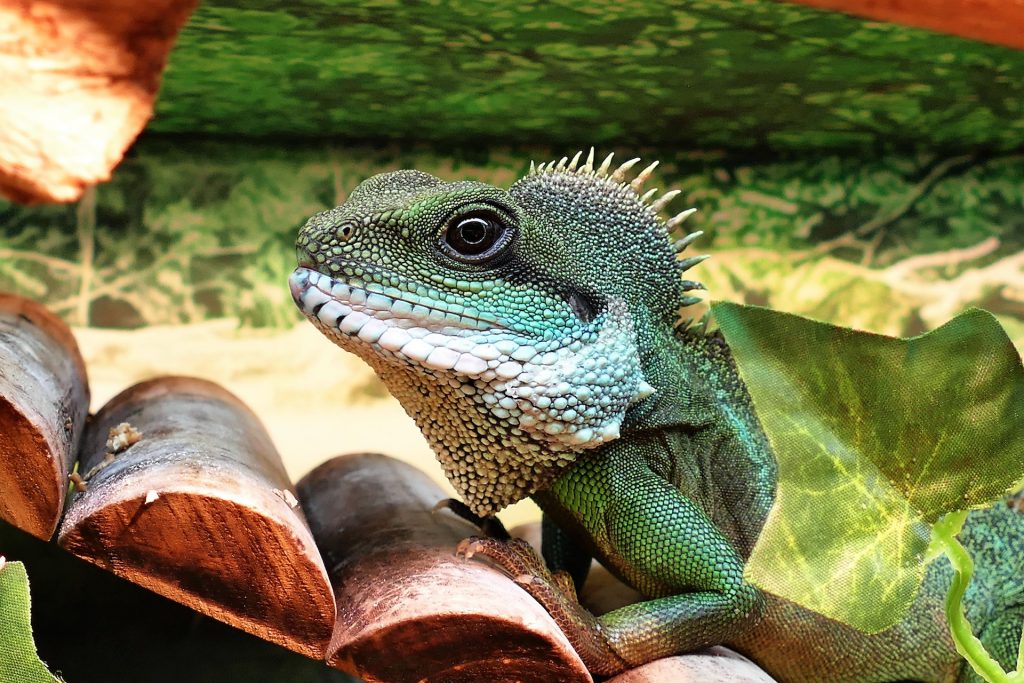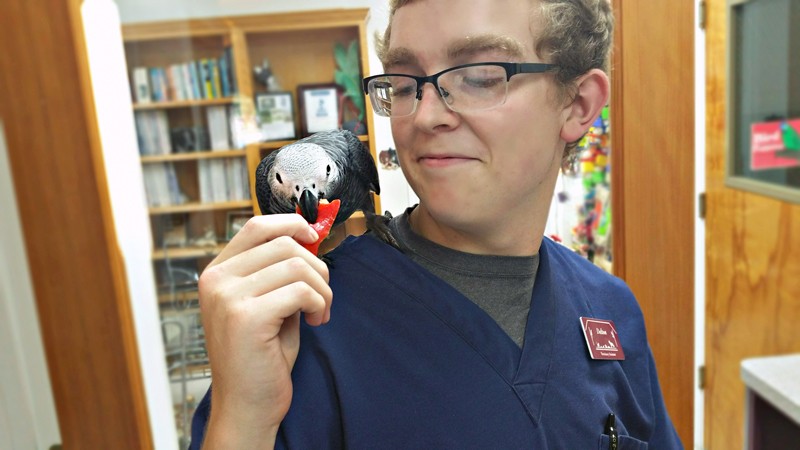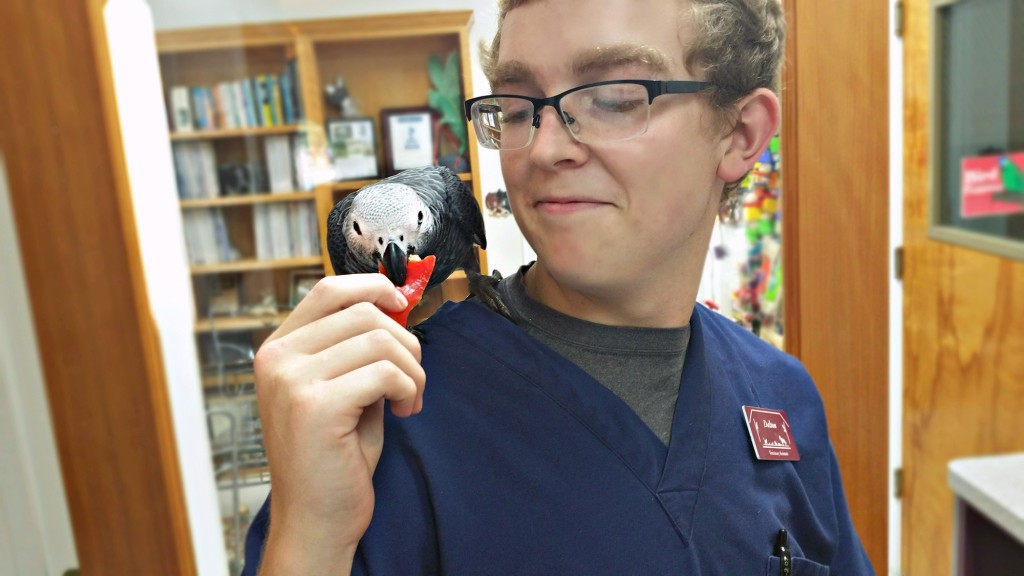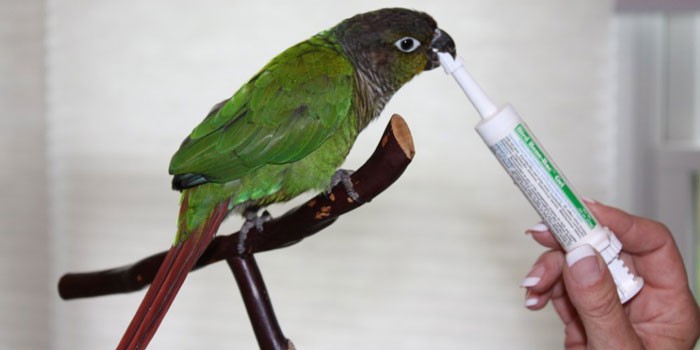
Exotic pets, such as reptiles, birds, and small mammals, can be sensitive to household toxins that may be harmless to humans. These toxins can come in the form of cleaning products, pesticides, plants, and even certain types of human food. It is important to be aware of these potential hazards and take steps to keep your exotic pet safe.
One way to prevent exposure to toxins is to designate a specific area of your home for your exotic pet and keep all potentially harmful substances out of reach. This can be especially important for pets that have a tendency to explore and may be more likely to come into contact with toxic substances.
It is also a good idea to be cautious when using cleaning products around your exotic pet. Many cleaning products contain chemicals that can be harmful if ingested or inhaled. Consider using natural or pet-safe cleaning alternatives, or make sure to keep your exotic pet out of the area when you are using any type of cleaning product.
Pesticides can also pose a risk to exotic pets. If you use pesticides in or around your home, be sure to follow the instructions on the label carefully and keep your exotic pet away from the treated area. Some types of pesticides, such as those that are sprayed directly on plants, can be especially harmful if ingested by an exotic pet.
Certain plants can also be toxic to exotic pets. For example, lilies and sago palms are toxic to cats and can also be harmful to other exotic pets. It is important to research the plants you have in your home and make sure they are not toxic to your exotic pet.
Human food can also be toxic to exotic pets. For example, chocolate, avocados, and grapes can be harmful to some exotic pets. Be sure to keep these types of foods out of reach of your exotic pet and never offer them as treats.
By taking precautions and being aware of potential toxins in your home, you can help keep your exotic pet safe and healthy. It is also a good idea to familiarize yourself with the specific needs of your exotic pet and any potential health risks they may be prone to. If you have any concerns about the safety of your exotic pet, be sure to consult with a veterinarian who is knowledgeable about exotic pets.


















